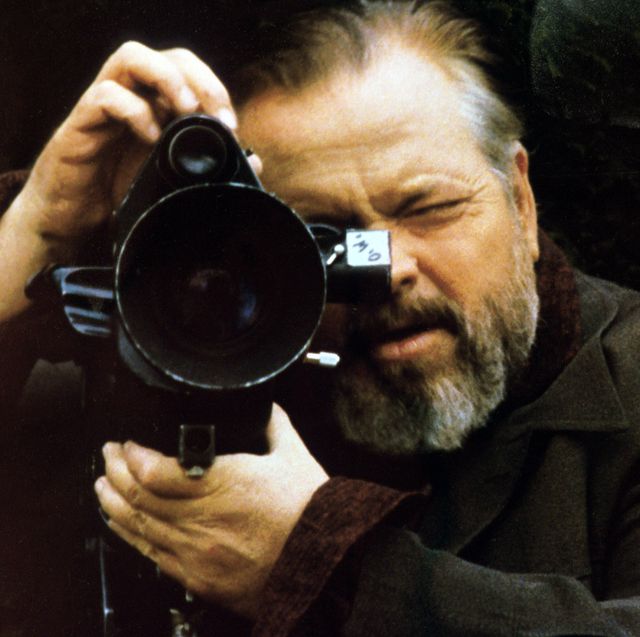6 Legendary Filmmakers Who Haven’t Won a ‘Best Director’ Oscar (and When They Should Have Won It)
From Alfred Hitchcock to Orson Welles, the Academy has made a fair few mistakes in its time

Oscar wins are powerful things. For actors and directors, it means you can supercharge your salary demands (Halle Berry’s $14 million Catwoman payday attests to that), and triumphant films enjoy a huge uplift in ticket sales and at-home rentals. But beyond the money and immediate acclaim, does an Academy Award really do much for your legacy?
In truth, some of our greatest auteurs – directors who are responsible for some of the most groundbreaking, beautiful and timeless movies ever made – have never been handed a golden statuette. We've rounded a few of the most egregious examples, just in time for the 93rd Academy Awards this weekend. You can check out our predictions for the big night here.
Watch Next


‘Red Herring’ review: To Life!

Cannes 2024: Movie Previews

Classic Spy Films, From 'Argo' to 'Austin Powers'

The Best Sex Movies: A Countdown







